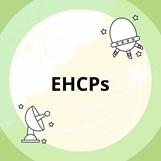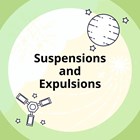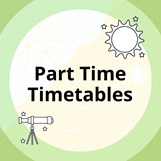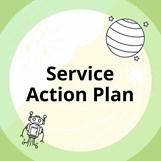
An Education, Health and Care Plan (EHCP) is a document that says what support you should have if you have Special Educational Needs (SEN).
If you have an Education, Health and Care Plan (EHCP), it will say:
- What things you need support with in your life
- What education support you will get to help you to learn
- What health support you will get in your life
- What social care support you might need in your life
- What things you want to do in the future.
Not every child or young person will need an Education, Health and Care Plan (EHCP).
Education, Health and Care Plans are only for children and young people who need a lot more support than their school or college can usually give them. If you are managing and making progress with the support you are already receiving, then you will not need an EHCP.
Before you can get an Education, Health and Care Plan, you must have an EHC needs assessment to see what things you need support with.
You and/or your parents/carers can request an EHC Needs Assessment yourself, or school or college can do this for you.
During the EHC needs assessment, you will have the chance to say what things you might need support with.
If you are aged 16 or over, you will be the main person making these decisions unless you lack capacity to do so. Lacking capacity is when a person is not able to make a decision for themselves. Just because someone finds it hard to make one decision, it does not mean they are not able to make other decisions.
The link below takes you to an Easy read Guide to EHCP:
 easy read guide to EHCP's
easy read guide to EHCP's

![]() - The young person's guide to the children and families act
- The young person's guide to the children and families act
















